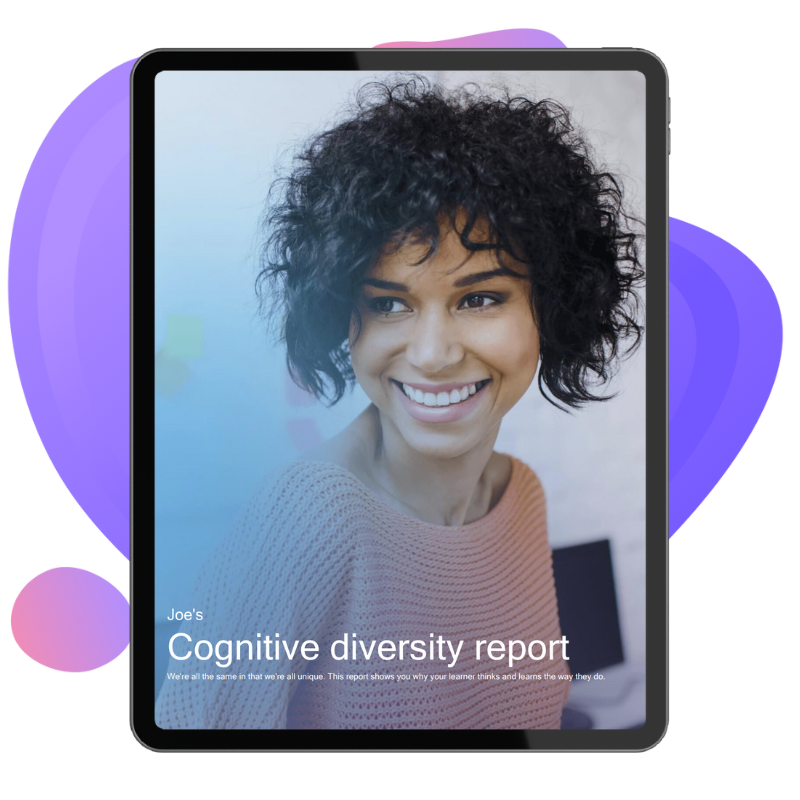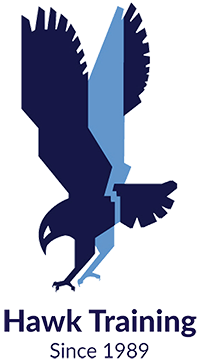Accessing Learning Support Funding.
Claim £150 per month per learner and deliver personalised support with confidence

Give learners the personalised support they need and access dedicated funding to deliver it. By identifying and supporting hidden learning needs, you can claim Learning Support Funding (LSF) from day one, turning insights into impact and income.
Effortless evidence for funding claims and audits
The Cognassist digital cognitive assessment identifies learners who need support and provides the evidence needed to claim LSF. Through a comprehensive learner report and personalised tutor and learner strategies, Cognassist provides the evidence-based framework required to have confidence in your compliance.

LSF is financial assistance provided to education providers to help them support learners who have additional learning needs and/or disabilities. This support ensures that these students can access education on an equal basis to their peers by removing barriers.
The DfE produce apprenticeship funding rules that are updated regularly. Rule 29 of the February 2025 edition of these rules define what LSF can be claimed for.
Put simply, LSF is available to meet the costs that a provider faces when putting reasonable adjustments in place to support apprentices who have a learning difficulty or disability – as defined in Section 15ZA(6) of the Education Act 1996 who “as a result of this learning difficulty or disability, requires reasonable adjustments in order to be able to complete their apprenticeship, including any reasonable adjustments to complete English and maths requirements and end-point assessment”.

Can: Include an apprentice with no prior learning difficulty or disability identified, but the provider has identified a need that would directly affect the apprentice’s ability to complete their apprenticeship.
Cannot: Be used for everyday difficulties that are not directly associated with the apprenticeship or where there are no costs incurred in putting in place reasonable adjustments.
Case study
Lincoln College collaborated with Cognassist to identify and support neurodiverse learners, resulting in improved engagement and retention.
Key outcomes
learners assessed
learner engagement
course retention
Cognassist helps providers deliver effective learning support from onboarding to qualification. Through embedding Cognassist into your daily processes, you can ensure that tutors not only deliver the best support while also recording the necessary evidence to support funding claims.
The Cognassist team will work with your quality team to embed learning support into your day-to-day operations and train tutors to deliver the best-in-class support while easily evidencing time spent.
Funding recovery (clawback) by the ESFA often occurs when providers lack clear, consistent processes for recording and justifying their support claims. Cognassist helps you eliminate that risk.

Since 2023 the DfE Apprenticeship Funding Rules explicitly state that screening for learning needs at the start of a learner’s programme is mandatory.
“[32] As part of the initial assessment, the provider must undertake a screening exercise for learning support.” (Latest Version)
The Cognassist Digital Cognitive Assessment has helped learners understand their cognition since 2017 and helped providers identify those who may need additional support. Over 400,000 learners (and counting) have benefitted from understanding their brain through our comprehensive learner report.
Where a learning need is identified, the provider must develop an understanding of how this will impact the learners’ ability to complete their qualification [Rule 32.1]
This is called a ‘further detailed assessment’ and should detail the following: (although it is up to each provider to determine their process).
Discuss the findings with the learner. Review their understanding, support history and normal ways of working.
Review the identified need and decide whether the barriers to learning for this qualification are significant enough to require additional support to overcome.
Based on the barriers identified, collaboratively develop a personalised support plan with reasonable adjustments. Document the plan and review with the learner.

Learning support funding is fixed at a monthly rate of £150 for each month in which reasonable adjustments are provided to the apprentice and where evidence of costs can be provided – costs can be for the provision of additional tutor time.
Each month the tutor chooses one or more of the learning adjustments they defined in the individual learning plans and works with the learner to integrate this into their learning.
The learner can engage with their tutor-designed learning adjustment strategies independently, and at any time via the Cognassist platform.
Where one-off costs exceed £150 in a month, the additional amount should be claimed via EAS (alongside the monthly fixed amount).
At least once every 3 months the tutor should perform a review with the learner to evaluate if reasonable adjustments are still necessary and appropriate.
Hawk Training partnered with Cognassist to personalise learner support, improving educational outcomes, compliance, and staff efficiency across programmes.
See full story
Learning Support Funding (LSF) is government funding (DfE via the ESFA) available to education and training providers to help support apprentices who have a learning challenge or disability that affects their ability to complete their program. It provides up to £150 per month per eligible learner to cover the cost of reasonable adjustments and additional support.
Only if you fail to show sufficient evidence and/or retain the evidence should you be audited. As long as you retain the evidence of the support you are providing via Cognassist to your learners then you can have confidence that you are compliant and not at risk of clawback.
These insights enabled personalised learning strategies, improving learner outcomes and tutor efficiency.
Stephanie Taylor
Learning Support, Safeguarding and Inclusion Manager, Hawk Training
The real difference has been having it embedded at the very start. Learners that have really engrossed themselves into it from the beginning have seen the power of it and it’s been able to support them, not only in their work but around their life and dealing with different areas. We found that with our functional skills as well.
Nick Preston
Head of Quality and Education, Educationwise Academy